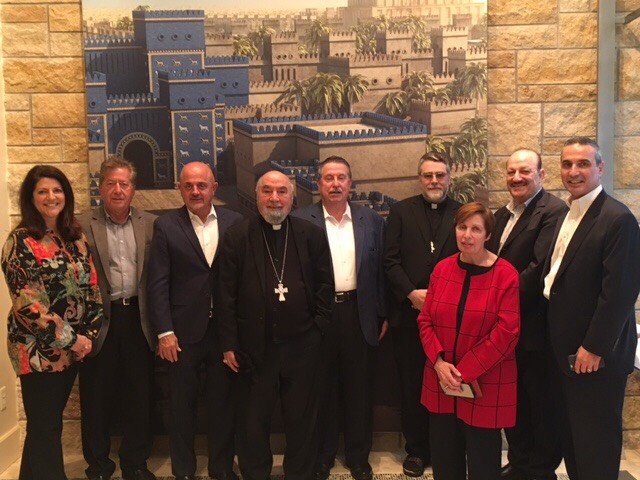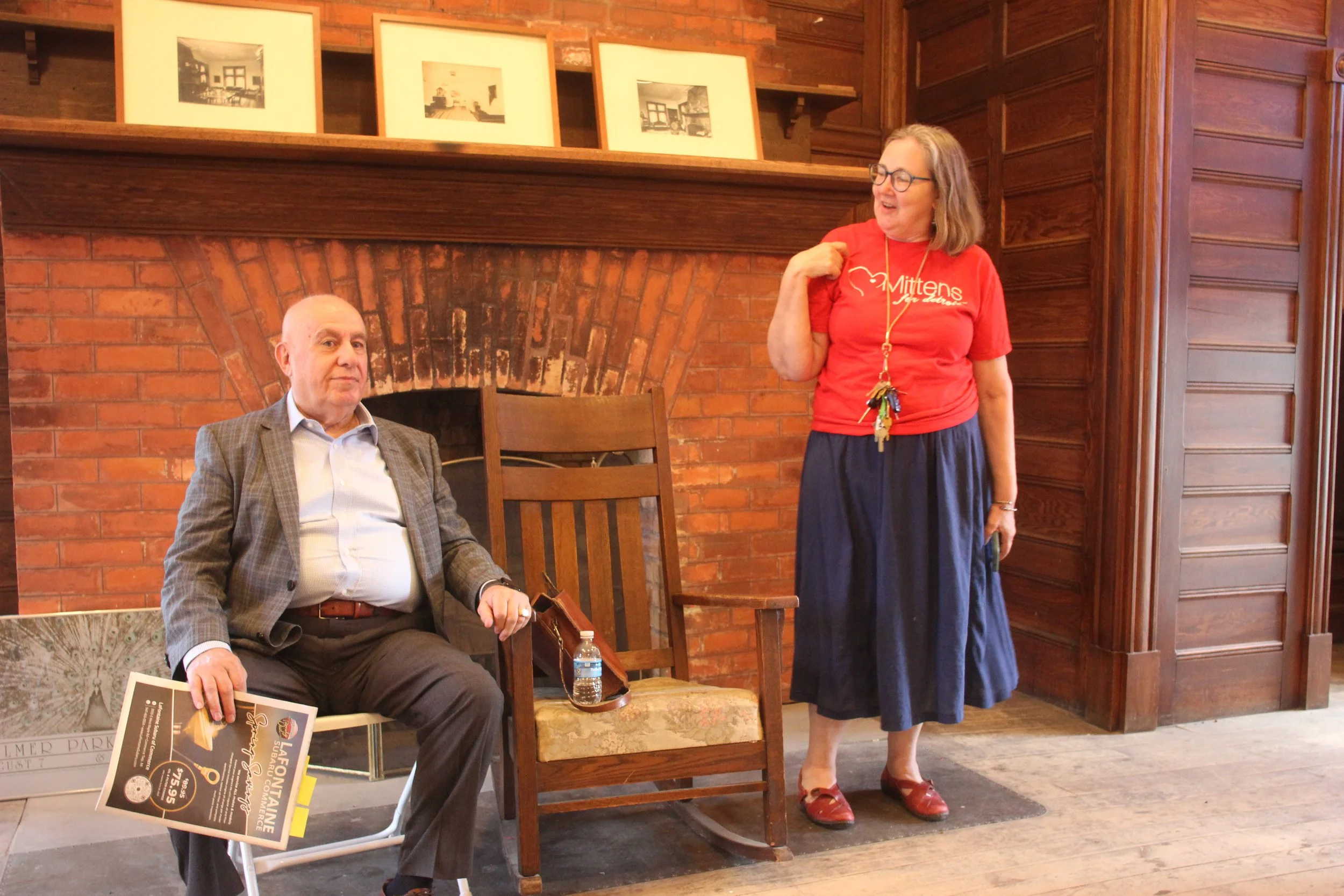The Chaldean Story Series
discover the rich History of Chaldeans in Michigan

The CN’s Michigan Humanities Grant culminated in an 84-page commemorative issue of the Chaldean News. This special booklet includes all material gathered for the grant, including the history of the community both in Iraq and in the U.S., particularly in southeastern Michigan.
When Chaldeans first came to Detroit, they struggled to integrate into American society and learn the language. They had their own unique culture, one that was different from that of other Americans and most immigrants. At first, this was a point of pride for Chaldeans. Their faith, family values, tight-knit community, and work ethic ultimately led to success in a foreign land. Chaldeans raised their families in the same traditions that they came from and passed down their culture successfully.
The Chaldean News and Chaldean Community Foundation hosted a “Culture Night” to celebrate and showcase Chaldean culture. More than 200 people attended the event, many of whom were not Chaldean. The guests enjoyed traditional Chaldean foods like potato chop and geymar, among others. The event marked the end of a months-long grant series called the Chaldean Story. Last year, the Chaldean News received a grant from Michigan Humanities’ Great Michigan Stories, which is meant to highlight untold stories in Michigan.
In the vast landscape of America’s cultural mosaic, the Chaldean community stands out not only for its rich heritage but also for its remarkable closeness. Nestled within the broader spectrum of Iraqi Americans, which include Assyrians and Syriacs, Chaldean Americans have cultivated a distinct identity characterized by a deep sense of unity and familial ties.
Chaldean News staff Dr. Adhid Miri was invited to speak at a “Storytellers on Sunday” event held May 19 at Palmer Park Log Cabin. The cultural neighborhood event included a book swap and discussion (stories) with four guests, including Dr. Miri.
Dating back to ancient Mesopotamia, the Epic of Gilgamesh stands as one of the oldest known works of literature in human history. This epic poem, written on clay tablets in cuneiform script, tells the story of Gilgamesh, the legendary half-god king of Uruk, and his quest for immortality. Through its portrayal of heroic deeds, friendship, and the inevitability of mortality, the Epic of Gilgamesh reflects the concerns and values of society in ancient Mesopotamia.
At the young age of four, Omar Jarbo began playing the zurna, following in his father’s footsteps. It’s a woodwind instrument with a double reed, just like an oboe. Different versions of it are widely played in the Middle East, Central Asia, and the Balkans. When Jarbo was only eleven years old, he entertained audiences in Tel Keppe during events, even at weddings that went on for two to three days. “We would travel from store to store, home to home, playing music,” he explained with emotion. “Life there was absolutely beautiful.”
Nestled along the shores of a great river, Detroit’s story is one of triumph over adversity. From its humble beginnings as a French fur-trading post to its rise as the automotive capital of the world, Detroit has weathered economic downturn, social upheaval, and urban decay. Yet, amidst the challenges, one constant has remained – the power of faith to inspire, unite, and uplift.











